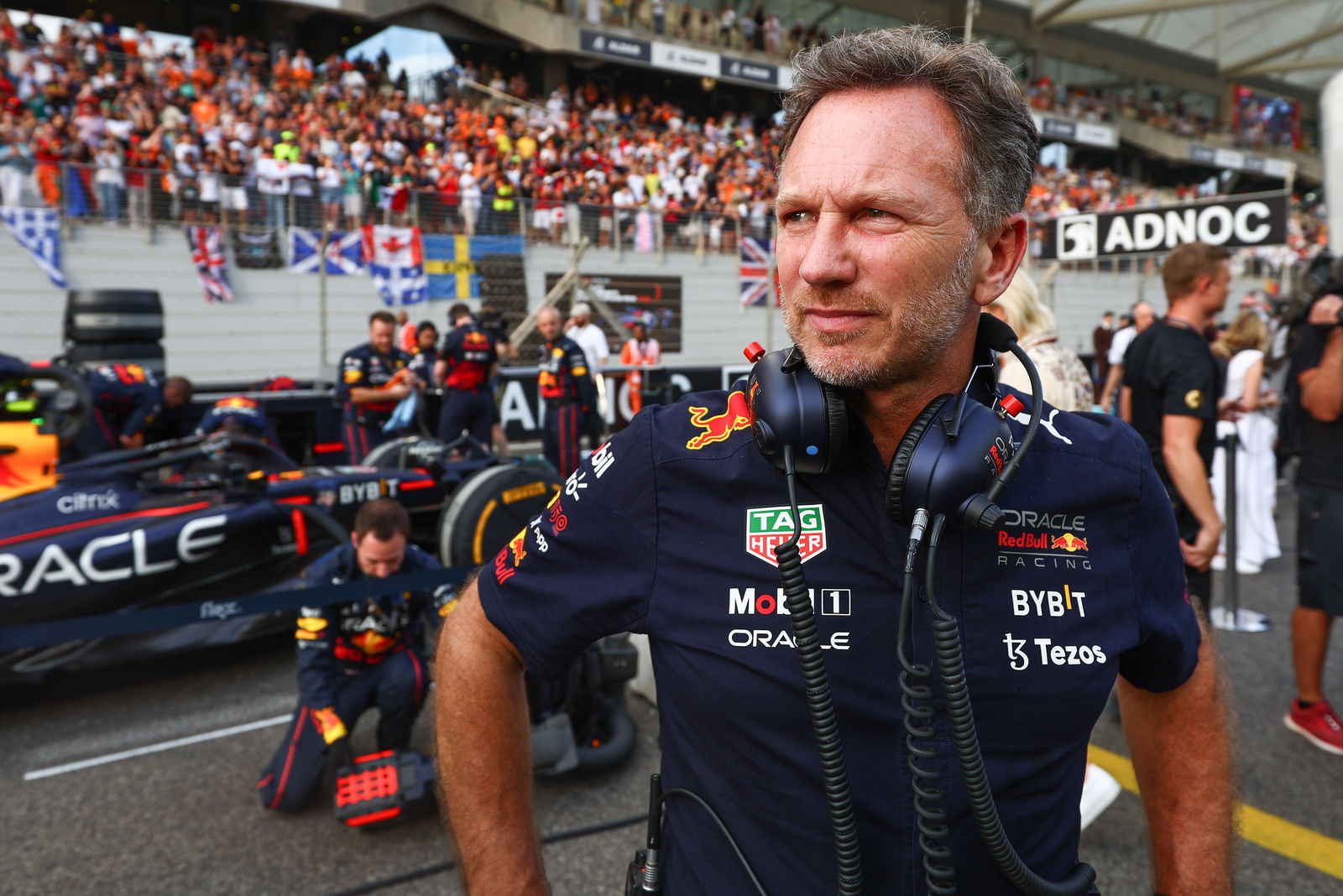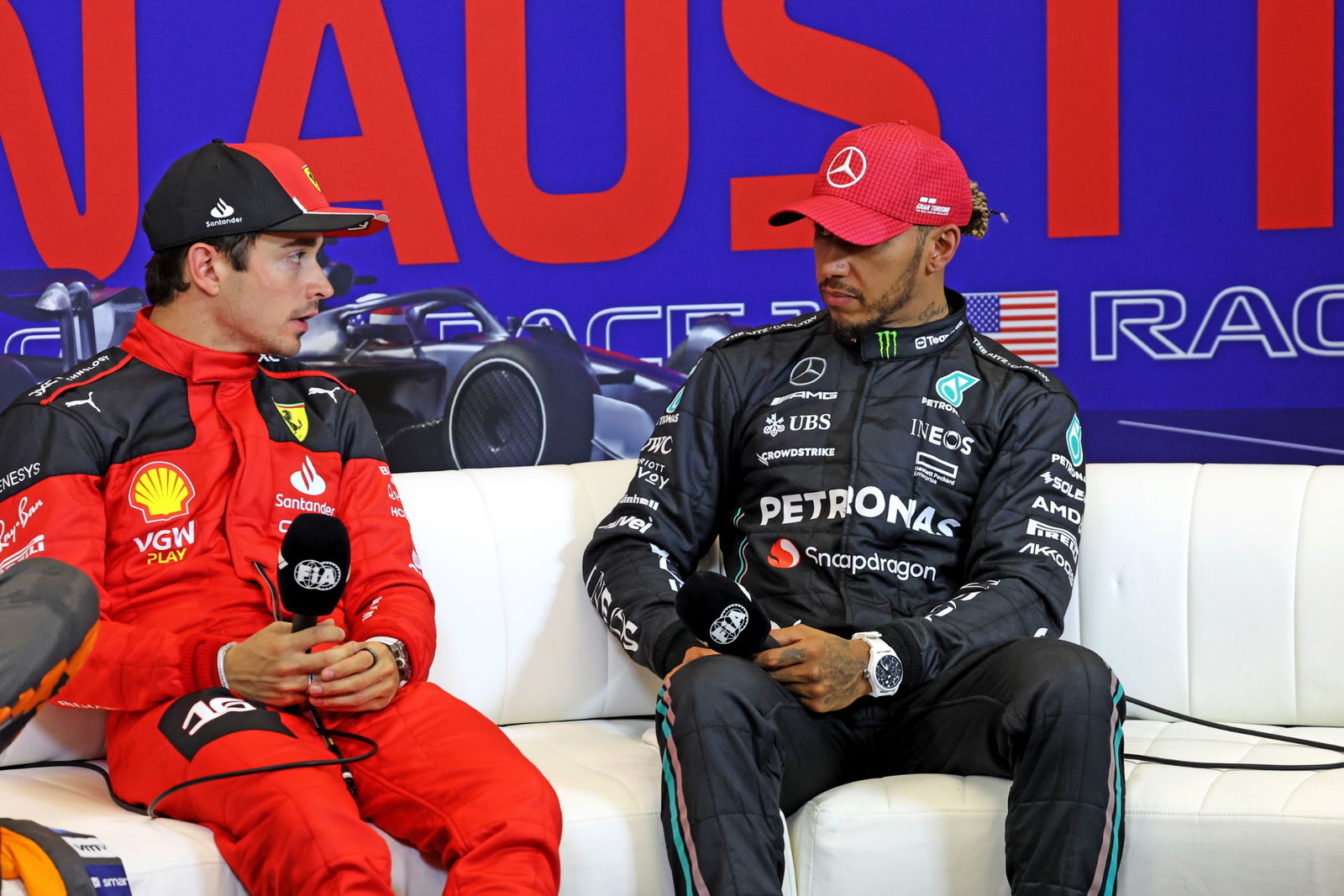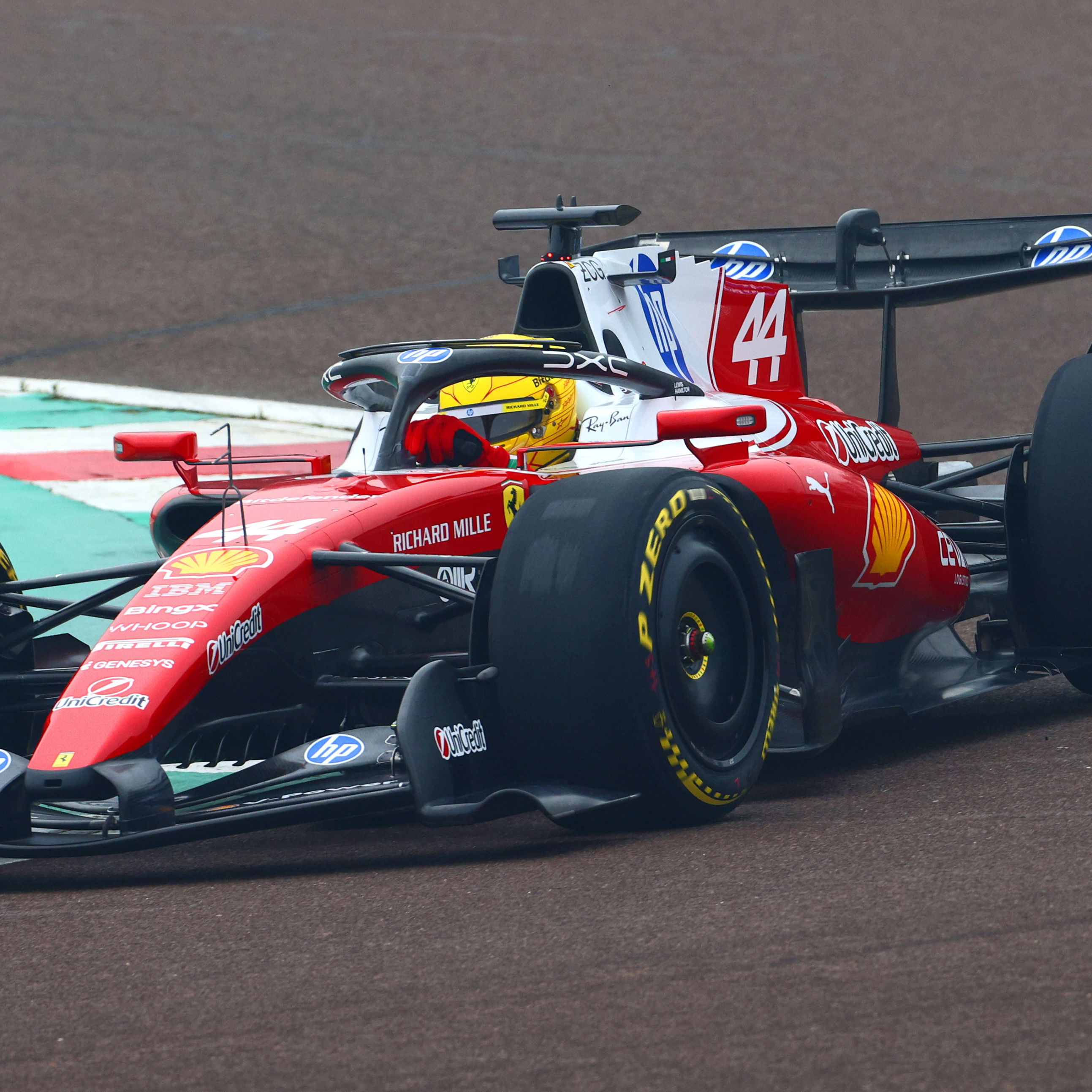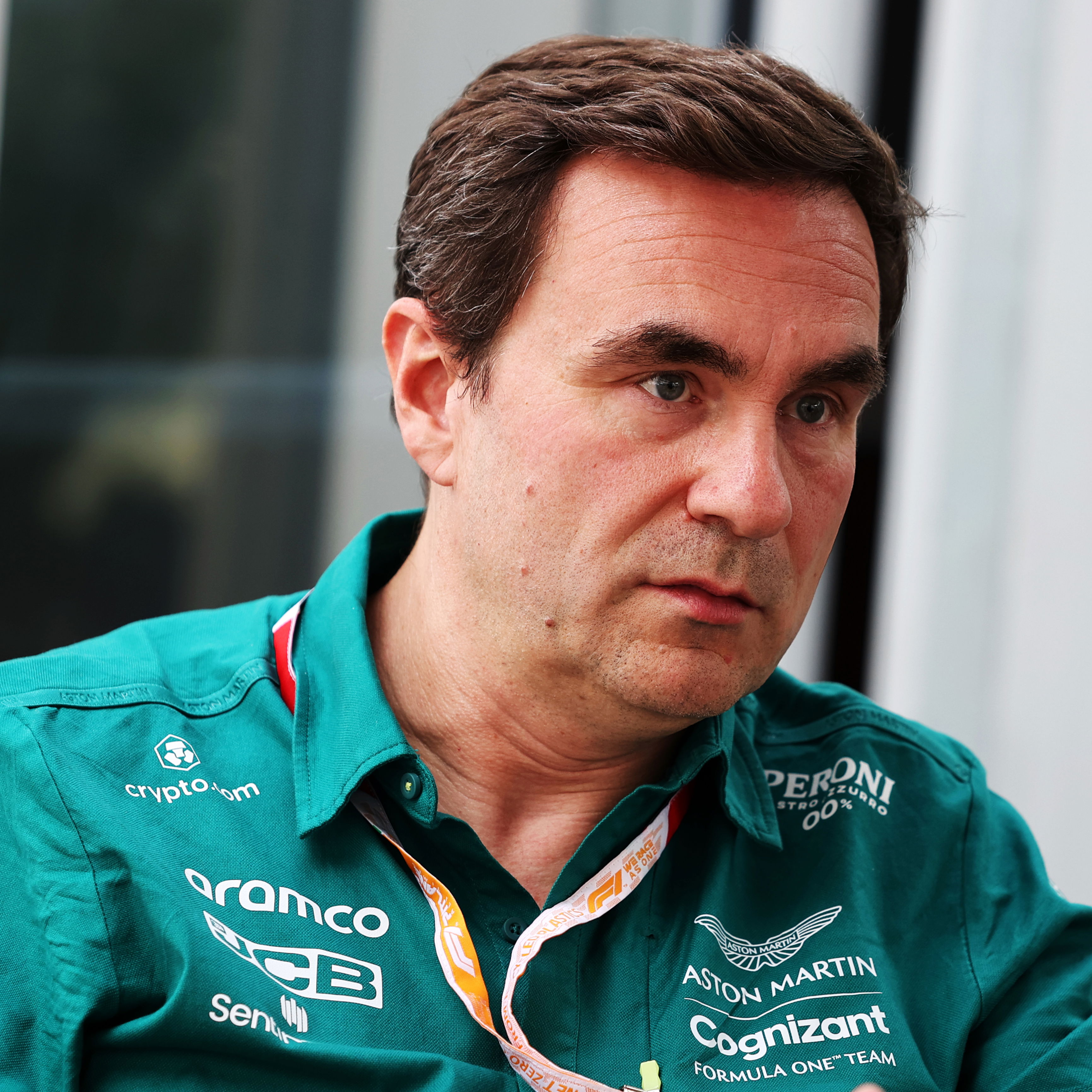Why McLaren’s only hope of F1 success is a third reunion with Honda

Last week the FIA revealed the six manufacturers that have signed up to the new engine regulations for 2026.
Ferrari, Mercedes, Alpine, Audi, Red Bull-Ford and Honda have all been listed by the FIA.
Ferrari will power their own team, with Haas likely to remain one of their customers, while Mercedes have their works outfit alongside Aston Martin.
Red Bull will obviously use their own engines, as well as sister team AlphaTauri.
Alpine are in a similar situation to the three aforementioned manufacturers, with a potential deal with Andrett in the pipeline.
So where does it leave Honda?
Honda have very few options for 2026 after deciding to end their official partnership with Red Bull at the end of 2021.
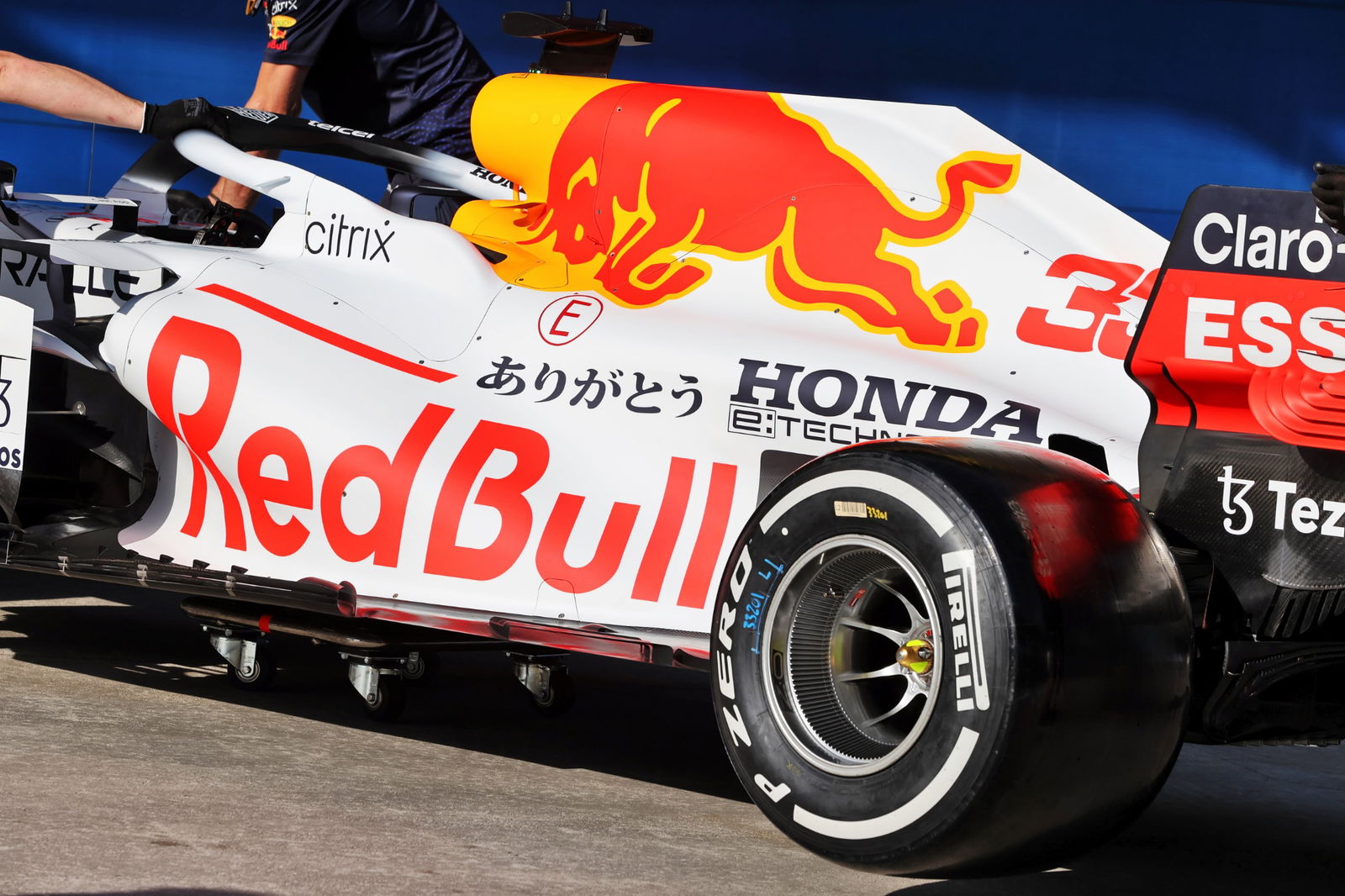
Their decision to leave F1, more so the timing of it, was perplexing given their 2021 power unit was arguably the best in the field, ultimately aiding Max Verstappen to his maiden title and Red Bull to their first since 2013.
With Honda deciding to leave, Red Bull pursued other options, initially with Porsche, before settling on Ford.
Honda had found the perfect match in Red Bull, but they have lost the Milton Keynes outfit, leaving them with very few options should they wish to remain in F1.
Should Honda want significant influence, or return as a factory outfit, AlphaTauri or even Williams are the best options on the table, however, given the amount of resources required - look at Audi and Sauber for example - that’s unlikely.
A wild suggestion perhaps, but a third reunion with McLaren could be one that benefits all parties.
Honda seemingly want to remain in F1, while McLaren are working hard towards returning to the front of the grid with the development of their very own wind tunnel.
While a McLaren engine project is incredibly unlikely, tying up with another manufacturer is another important step if Zak Brown and his team are serious about returning to the top of F1.
All the major players will have their own works engine deal for 2026 era, giving them a crucial advantage when it comes to chassis and engine integration.
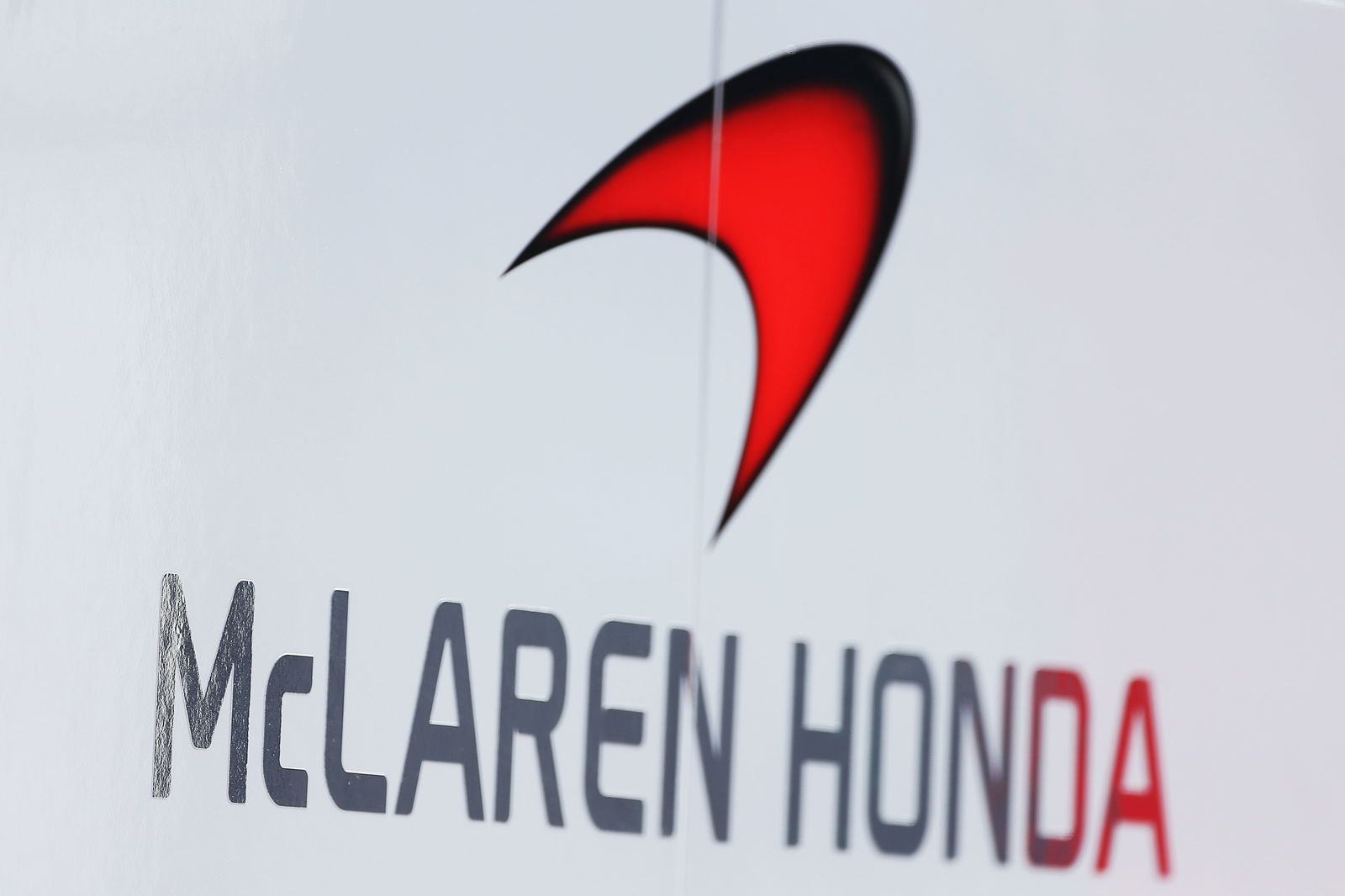
Former team boss Ron Dennis justified McLaren’s second partnership with Honda in 2015 by saying: “Our goal is to win the world championship and that objective would not be within our reach if we continued with a customer engine.”
Dennis’ mantra has been proven true, at least in the current engine formula, with Mercedes dominating from 2014 to 2020.
Ironically, it wasn’t until Red Bull’s tie-up with Honda - who parted ways with McLaren just a few years before - that they were able to challenge Mercedes consistently before toppling them in 2021 with Max Verstappen.
CEO Zak Brown is already targeting 2025 as the year McLaren can properly challenge the likes of Mercedes and Red Bull.
On top of the technological infrastructure changes they’re going to make, a works engine deal could be the missing piece the Woking-based outfit needs.
“I think we're two to three years away," Brown told ESPN last month. "I'd love this year to look like '21, mixing it up with the top three. But we still don't have all of our technology infrastructure in place.
“By '24, we will have had it in place but not for the entire development of the '24 car. So '24 I'd like to think would be a good step forward, where I think we could be mixing it up on a more regular basis.
“Then in '25 we have everything we need - drivers, people, resources, wind tunnel, simulator. There's no reason why, on paper, we shouldn't be in a position to be challenging at the front on a regular basis by '25. That's certainly our ambition.”
The two renditions of the McLaren-Honda partnership previously have resulted in two very contrasting outcomes.
The first resulted in F1’s best car to date - the iconic McLaren MP4/4 - which won 15 of the 16 races in 1988, leading 1003 of the 1050 laps that season.
They won four consecutive drivers’ and constructors’ titles back to back so it was no surprise when the partnership was renewed for 2015, combined with the signing of Fernando Alonso, things were optimistic.
The second reunion eight years ago couldn’t have gone much worse with a poisonous relationship between both companies resulting in McLaren’s worst championship finish since 1980, only beating the struggling Manor.
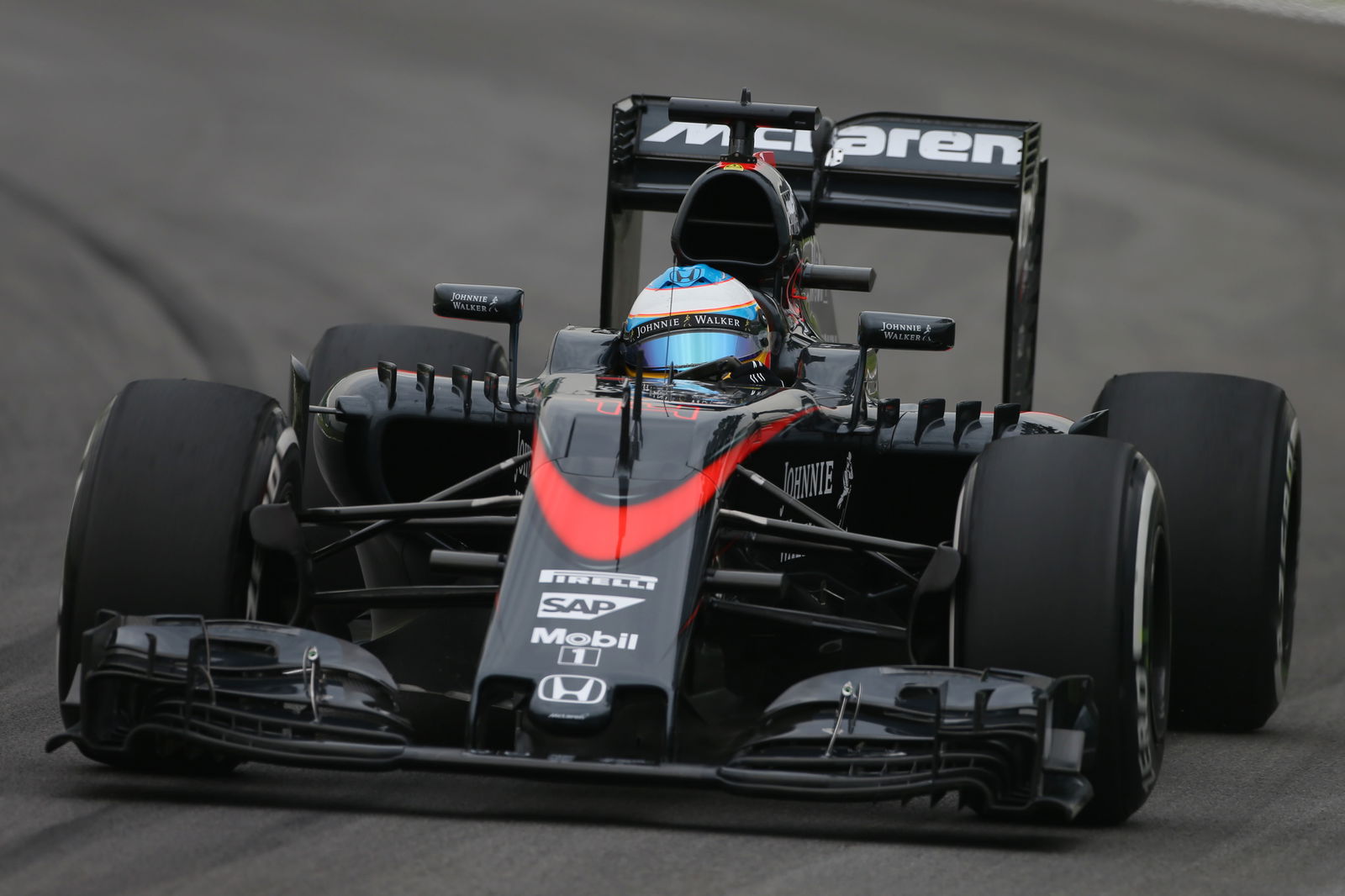
Clashes in philosophy, poor miscommunication and unrealistic expectations meant things didn’t improve, ultimately resulting in a termination of their deal at the end of 2017.]
McLaren’s loss was ultimately Red Bull’s gain, with Honda’s improvement culminating in their first title in eight years.
While McLaren have returned to respectability with regular top five finishes in the constructors’ championship without Honda, they are still miles away from the glory days of Alain Prost, Ayrton Senna, Mika Haikkinen, Kimi Raikkonen or Lewis Hamilton.
Given how acrimonious their last partnership ended, would Honda want to work with McLaren again?
Under Brown’s leadership a lot has changed from the days of Dennis and co..
For as long as McLaren and Honda have learnt from the past, a third reunion could be the best eventuality for both parties.
